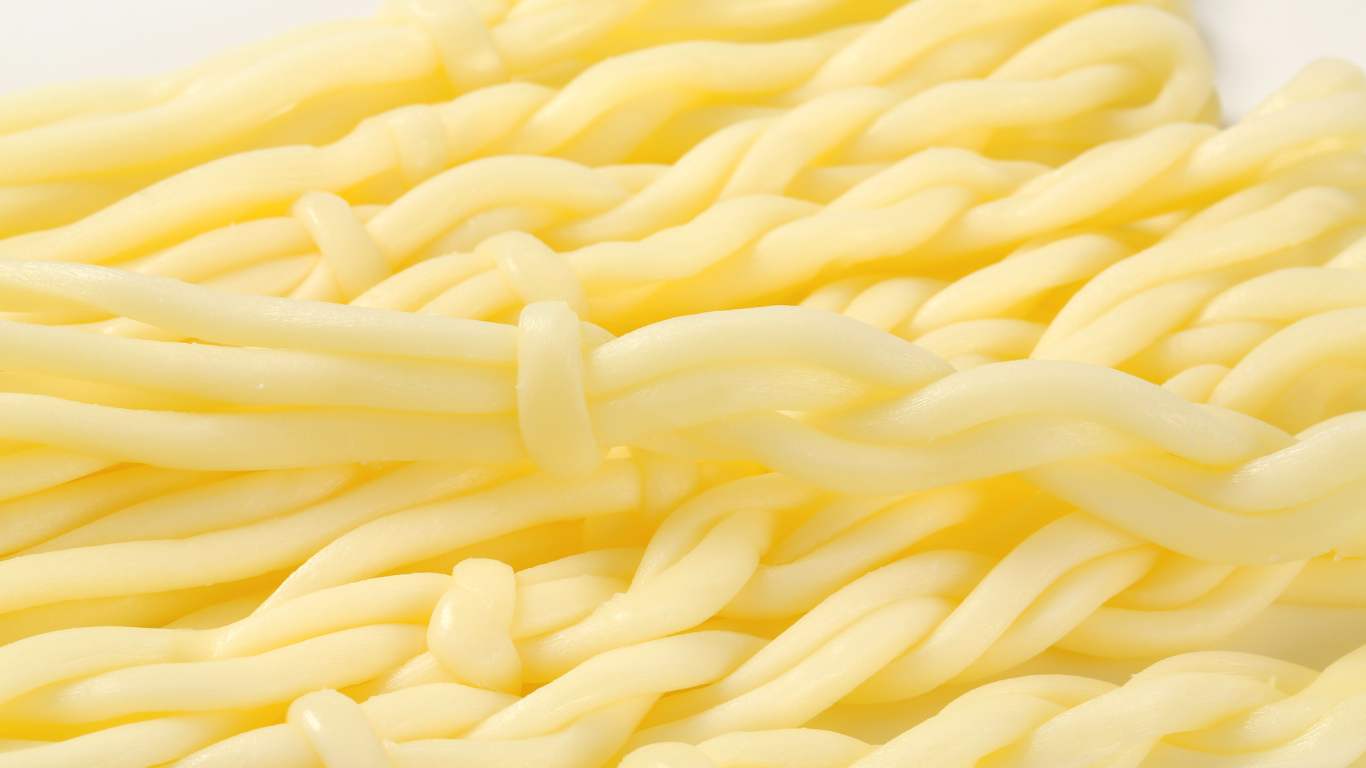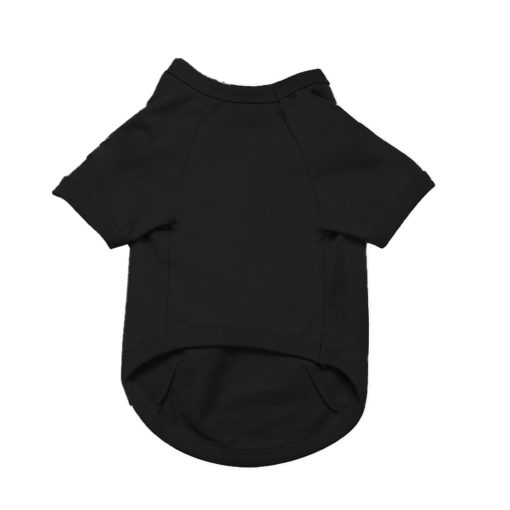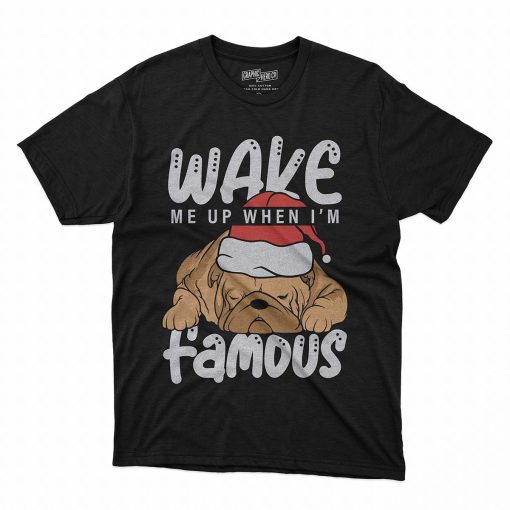Can Dogs Eat String Cheese? Understanding the Dos and Don’ts for Pet Owners
If you’re a dog owner, you may have wondered whether it’s safe for your furry friend to indulge in some string cheese. After all, dogs have a way of tugging at our heartstrings, and it’s hard to resist those adorable pleading eyes when we snack on our favorite treats. So, can dogs eat string cheese?
The answer is yes, dogs can eat string cheese, but there are a few important factors to consider. While certain types of cheese can be safely enjoyed by dogs, it’s crucial to understand the dos and don’ts when it comes to feeding them cheese.
Core Insights:
- Certain types of cheese, including string cheese, can be safely eaten by dogs in moderation.
- It is essential to choose cheeses that are low in fat and sodium for your dog’s well-being.
- Avoid cheeses with added herbs, garlic, or seasonings, as they can be harmful or toxic to dogs.
- Monitor your dog for any adverse reactions or digestive issues when introducing cheese into their diet.
- Consult with a veterinarian to ensure that feeding cheese is appropriate for your dog’s individual needs.
What is String Cheese and How is it Made?
String cheese is a popular type of cheese known for its unique stringy texture. It is made through a specific production process that involves stretching and pulling the cheese.

String cheese is typically made from mozzarella cheese, although other types of cheese like cheddar can also be used. The process begins by heating the cheese curds, which helps soften them. The softened curds are then stretched and kneaded, which aligns the proteins in the cheese and creates a fibrous structure that gives it its characteristic stringy texture.
The stretched cheese is rolled into long, thin ropes and cooled, allowing it to set and maintain its shape. Once set, the cheese ropes are cut into desired lengths, usually in the form of individual sticks.
String cheese production process:
| Production Steps | Description |
|---|---|
| Heating the cheese curds | Softens the curds and prepares them for stretching. |
| Stretching and kneading | Aligns the proteins in the cheese, creating a fibrous structure. |
| Rolling into ropes | Shapes the cheese into long, thin ropes. |
| Cooling and setting | Allows the cheese to solidify and maintain its shape. |
| Cutting into sticks | Creates individual string cheese sticks. |
String cheese is enjoyed by people of all ages and is often seen as a fun and interactive snack. It can be pulled apart into thin strips or strings, making it a popular choice for snacking.
The image above depicts a delicious string cheese stick, showcasing its signature stringy texture.
Is String Cheese Safe for Dogs to Eat?
String cheese is generally safe for dogs to eat in small quantities. It is low in lactose and salt, making it a good option for dogs with lactose intolerance or those on a low-sodium diet. However, the stringy texture of string cheese can make it difficult for dogs to swallow, so it is important to chop it up or tear it into bite-sized chunks before giving it to your dog. As with any new food, it is best to start with a small amount and monitor your dog for any adverse reactions or digestive issues.
If you’re considering feeding your dog string cheese, here are some key points to keep in mind:
- Portion control: While string cheese can be a tasty treat for your dog, it should be given in moderation. Excessive consumption can lead to weight gain and other health issues.
- Texture: The stringy nature of string cheese can pose a choking hazard for dogs. To prevent this, it’s best to cut or tear the cheese into smaller, manageable pieces.
- Lactose intolerance: Some dogs may have difficulty digesting lactose, a sugar found in milk-based products like cheese. If your dog shows signs of lactose intolerance, such as diarrhea or stomach upset, it’s best to avoid feeding them string cheese.
- Salt content: While string cheese is generally low in salt, it’s still important to consider the overall sodium intake of your dog’s diet. Too much salt can lead to dehydration and other health issues.
Remember, every dog is unique, and what works for one may not work for another. If you have any concerns or questions about feeding string cheese or any other food to your dog, it’s always a good idea to consult with your veterinarian for personalized advice.

Things to Consider When Feeding Dogs Cheese
When it comes to feeding dogs cheese, there are several important factors to consider. By taking these factors into account, you can ensure that feeding cheese to your furry friend is a safe and enjoyable experience.
Lactose Intolerance
First and foremost, it’s crucial to be aware of your dog’s lactose intolerance. Just like humans, some dogs may have difficulty digesting dairy products such as cheese. Lactose intolerance can cause digestive discomfort and upset stomach in dogs. Therefore, it is important to monitor your dog for any signs of lactose intolerance, such as diarrhea or excessive gas, after giving them cheese.
Portion Control
Another factor to consider when feeding dogs cheese is portion control. Cheese is high in fat and calories, which can contribute to weight gain and other health issues in dogs. It’s important to remember that cheese should be given as a treat and not as a regular part of your dog’s diet. By practicing portion control and limiting the amount of cheese you give to your dog, you can help them maintain a healthy weight and prevent potential health problems.
Sodium Content
The sodium content of cheese is yet another factor to consider when feeding it to dogs. Some cheeses, particularly processed and flavored varieties, can be high in sodium. Too much sodium can lead to dehydration and other health problems in dogs. It’s advisable to choose low-sodium options and avoid cheeses with added herbs, garlic, or seasonings that may be harmful to your dog’s health. Always check the ingredients list to ensure that the cheese you are giving to your dog doesn’t contain any potential additives or artificial colors.
By being aware of these factors and taking them into consideration, you can ensure a safe and enjoyable cheese feeding experience for your beloved canine companion.

| Factors to Consider When Feeding Dogs Cheese | What to Consider |
|---|---|
| Lactose Intolerance | Monitor for any signs of lactose intolerance and digestive discomfort after giving cheese to your dog. |
| Portion Control | Practice portion control and limit the amount of cheese given to your dog to prevent weight gain and other health issues. |
| Sodium Content | Choose low-sodium cheese options and avoid cheeses with added herbs, garlic, or seasonings that may be harmful to your dog’s health. |
Health Benefits and Risks of Feeding Dogs Cheese
Cheese can provide dogs with essential nutrients such as protein, calcium, and vitamins, making it a beneficial treat in moderation. It can also be a useful tool for hiding pills or as a reward during training. Incorporating cheese into your dog’s diet can offer several health benefits, but it’s important to be aware of the potential risks as well.
Personalized Dog T Shirt
Dress your beloved pet in style with our Personalized Dog T Shirt! Available in three classic colors—crisp white, elegant black, and vibrant red—this Dog T Shirt is perfect for pets of all sizes. Whether you’re taking a stroll in the park or attending a pet-friendly event, your furry friend will look dapper and feel comfortable….
One of the main benefits of feeding dogs cheese is its nutritional value. Cheese is a good source of protein, which is essential for building and repairing tissues in your dog’s body. It also contains calcium, which promotes strong bones and teeth. Additionally, cheese provides vitamins, such as vitamin A and B-complex vitamins, which support immune function and overall well-being.
However, it’s crucial to exercise caution when feeding dogs cheese due to the potential risks involved. Excessive consumption of cheese can lead to weight gain and obesity in dogs. The high fat content of certain cheeses can contribute to these issues, as well as the development of pancreatitis, a potentially serious condition.
Furthermore, some dogs may be allergic or intolerant to dairy products, including cheese. Lactose intolerance is relatively common among dogs, and consuming cheese can result in digestive upset, such as diarrhea, gas, or bloating. If you notice any adverse reactions after feeding your dog cheese, it’s best to discontinue its use as a treat and consult with your veterinarian.
To ensure the health and well-being of your dog when incorporating cheese into their diet, remember to follow these guidelines:
- Limit the amount of cheese given to your dog to avoid weight gain and other health issues.
- Choose low-fat and low-sodium options to minimize the risk of obesity and high blood pressure.
- Monitor your dog for any signs of lactose intolerance or digestive issues when introducing cheese into their diet.
- Avoid cheeses with added herbs, garlic, or seasonings that can be harmful to dogs.
By being mindful of these factors and feeding cheese in moderation, you can safely incorporate this treat into your dog’s diet, reaping the nutritional benefits while minimizing the potential risks.
Wake Me Up When I’m Famous Dog Lover T Shirt
Make a statement with our Wake Me Up When I’m Famous Dog Lover T Shirt! Its bold design is sure to inspire playful conversations about your four-legged best friend and attract looks off admiration from fellow dog lovers. Crafted from premium fabric, this t-shirt is soft to the touch and comfortable to wear all day….
Health Benefits and Risks of Feeding Dogs Cheese
| Health Benefits of Cheese for Dogs | Risks of Feeding Dogs Cheese |
|---|---|
| Provides essential nutrients – protein, calcium, vitamins | Possible weight gain and obesity |
| Supports immune function and overall well-being | Potential development of pancreatitis |
| Can be used for pill administration and training rewards | Some dogs may be allergic or lactose intolerant |
It’s important to note that while cheese can offer health benefits, it should be given as a treat and not as a regular part of your dog’s diet. If you have any concerns or questions about feeding cheese to your dog, consult with your veterinarian for personalized advice.
Alternatives to String Cheese for Dogs
While string cheese can be a safe treat for dogs in moderation, there are alternative treats that may be healthier and safer options. Here are some dog-friendly cheeses and alternative treats for dogs:
| Cheese | Description |
|---|---|
| Cottage Cheese | A low-sodium option that can be given to dogs in small amounts. It is also high in protein and calcium. |
| Ricotta | Another low-sodium option that is lower in fat compared to string cheese. Ricotta is a creamy and delicious treat for dogs. |
| Mozzarella | A mild and low-sodium cheese that dogs enjoy. It can be given as a snack or used as a training reward. |
| Cream Cheese | Low in lactose and sodium, cream cheese can be a tasty and safe treat for dogs in small amounts. |
| Soft Goat Cheese | A low-sodium and easily digestible cheese option for dogs. It has a unique flavor that many dogs find appealing. |
These cheeses are lower in fat and salt compared to string cheese, making them a better choice for dogs with weight or sodium concerns. It is important to remember that even with these alternatives, portion control is still important, and the cheese should be given as a treat rather than a regular part of the dog’s diet.

Can Dogs Eat String Cheese? The Closing Thoughts-
Feeding cheese to your dog can be a safe and enjoyable experience, as long as it is done responsibly. Dogs can eat certain types of cheese, including string cheese, in moderation. However, it is important to consider factors such as lactose intolerance, fat content, and the presence of potential toxins in certain cheeses.
When giving cheese to your dog, opt for cheeses that are low in fat, sodium, and lactose. Avoid cheeses with added herbs, garlic, or seasonings, as they can be harmful to dogs. Cheese can be a source of essential nutrients, including protein, calcium, and vitamins. However, it should be given as a treat and not as a regular part of your dog’s diet.
It is crucial to closely monitor your dog for any adverse reactions or digestive issues when introducing cheese into their diet. If you have any concerns or questions, it is always best to consult with a veterinarian who can provide personalized advice based on your dog’s specific needs and dietary restrictions.
In the end, dogs can enjoy the occasional treat of cheese, including string cheese, when fed responsibly. Remember to choose the right types of cheese, practice portion control, and pay attention to your dog’s individual needs. By following these guidelines, you can safely incorporate cheese into your dog’s diet and enhance their snacking experience.
FAQ
Can dogs safely eat string cheese?
Yes, dogs can safely eat string cheese as long as it is given in moderation and the dog does not have lactose intolerance.
What types of cheese are safe for dogs?
Safe cheeses for dogs include cheddar, mozzarella, cottage cheese, and Swiss cheese.
Are there any cheeses that dogs should avoid?
Dogs should avoid blue cheeses, cheeses with herbs or garlic, goat cheese, and feta cheese as they can be toxic or high in fat.
What nutrients can cheese provide dogs?
Cheese can provide dogs with protein, calcium, vitamin A, essential fatty acids, and B-complex vitamins.
Does string cheese have any special considerations for dogs?
The stringy texture of string cheese can make it difficult for dogs to swallow, so it is important to chop it up or tear it into bite-sized chunks before giving it to your dog.
What factors should be considered when feeding dogs cheese?
Factors to consider when feeding dogs cheese include lactose intolerance, portion control, sodium content, and added ingredients such as herbs or garlic.
What are the health benefits of feeding dogs cheese?
Cheese can provide dogs with essential nutrients such as protein, calcium, and vitamins.
Are there any risks associated with feeding dogs cheese?
Excessive consumption of cheese can lead to weight gain and obesity, and some dogs may be allergic or intolerant to dairy products.
What are some alternatives to string cheese for dogs?
Cottage cheese, ricotta, mozzarella, cream cheese, and soft goat cheese are low-sodium options that can be given to dogs in small amounts.
What is the conclusion on dogs eating cheese?
Feeding dogs cheese should be done in moderation, considering their individual needs and potential health risks. Consult with a veterinarian for personalized advice.
🎧 Never Miss a Drop
Exclusive product releases, hip-hop deep dives, and member-only discounts. Straight to your inbox.
Free forever. No spam. Unsubscribe anytime.

Get the Culture, Delivered
Deep dives into hip-hop history, exclusive product drops, and discounts sent straight to your inbox. No spam, just culture.
Join 2,000+ hip-hop heads already in the loop. Unsubscribe anytime.









